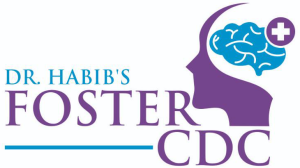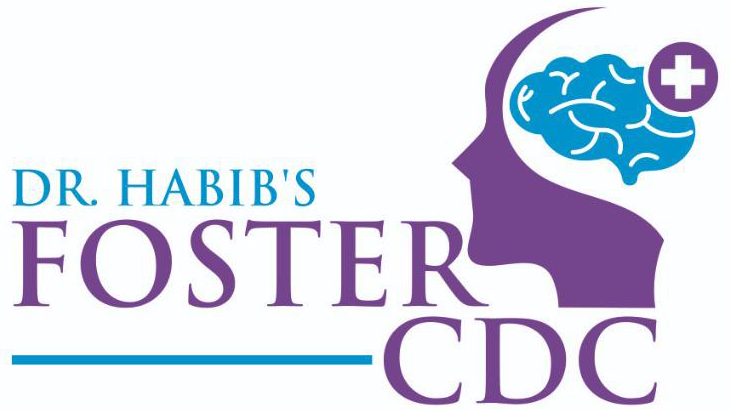Which Doctor to consult for dyslexia?
When it comes to a learning disability or learning problem, one must see a specialist doctor – a pediatric neurologist or a learning disability specialist who specializes in diagnosing and treating dyslexia. When you consult a specialist doctor, he or she examines your child, evaluates the child’s condition and makes a diagnosis. Early diagnosis ensures appropriate treatment. In time medical intervention, support, diagnosis, counselling and proper treatment approach with better teaching and training methods can help overcome your child’s shortcomings and disabilities.
Many times parents are in a dilemma about which doctor to consult for dyslexia as there are many specialists involved in several teaching, training and treatment modules. As dyslexia slows down a child’s reading and writing abilities, the child lags behind in reading, writing and other abilities when compared to their classmates. But there are several treatment options that can help in improving your child’s ability to read and write and to catch up the pace with the peers in the school.
What does a dyslexia specialist do to diagnose dyslexia?
When you approach a dyslexia specialist in your city or a child neurologist who specializes in dyslexia diagnosis and treatment, the doctor will do certain tests to determine how well your child reads and writes.
Your doctor performs a physical examination and completely evaluates your child to know whether the child has depression or ADHD – owing to which the child could have learning difficulties (dyslexia).
What are the tests to diagnose dyslexia?
Dyslexia testing or Dyslexia Diagnosis: A child neurologist considers several factors to make a diagnosis of dyslexia as there is no single specific test to diagnose dyslexia.
The child’s medical history, educational and learning problems and developmental issues are taken into consideration.
The doctor will most likely ask some questions about the developmental. Learning and educational areas of the child.
The doctor would like to know whether any condition (any learning disability) runs in the family.
The next question would be about the home life of the child including the other family members who live with the child – a brief description of the family members; whether they have any problems at home.
The child, the family members or the teachers of the child have to answer written questions (questionnaires) given by the doctor.
The child may be instructed to take reading and writing tests to check his or her reading and writing (language) abilities.
The doctor may order hearing, vision and brain tests (neurological tests) to rule out any underlying disorder or another hearing, vision or neurological disorder – which could be behind the child’s learning disabilities.
Reading, writing and other academic skills tests: A reading expert may have the child take a set of reading and writing tests to determine the processing and quality of reading and writing skills of the child.
Your pediatric neurologist may ask you and your child some questions to determine whether your child has any mental health issues. If the doctor finds something wrong with your child, then he will take the support from a child psychologist to determine whether depression, anxiety, behavioural or any other social problems may be causing problems with the learning abilities of your child.
Once the paediatric neurologist makes the diagnosis, your doctor, special education teacher, child psychologist and others formulate a learning plan.
Bottom Line
Dyslexia treatment is based on an appropriate and customized treatment plan with comprehensive teaching, learning and training programmes. The programs are further categorized into modules – which are dealt with by two are more specialists. The training programs and modules are developed according to the unique requirements of a child.


